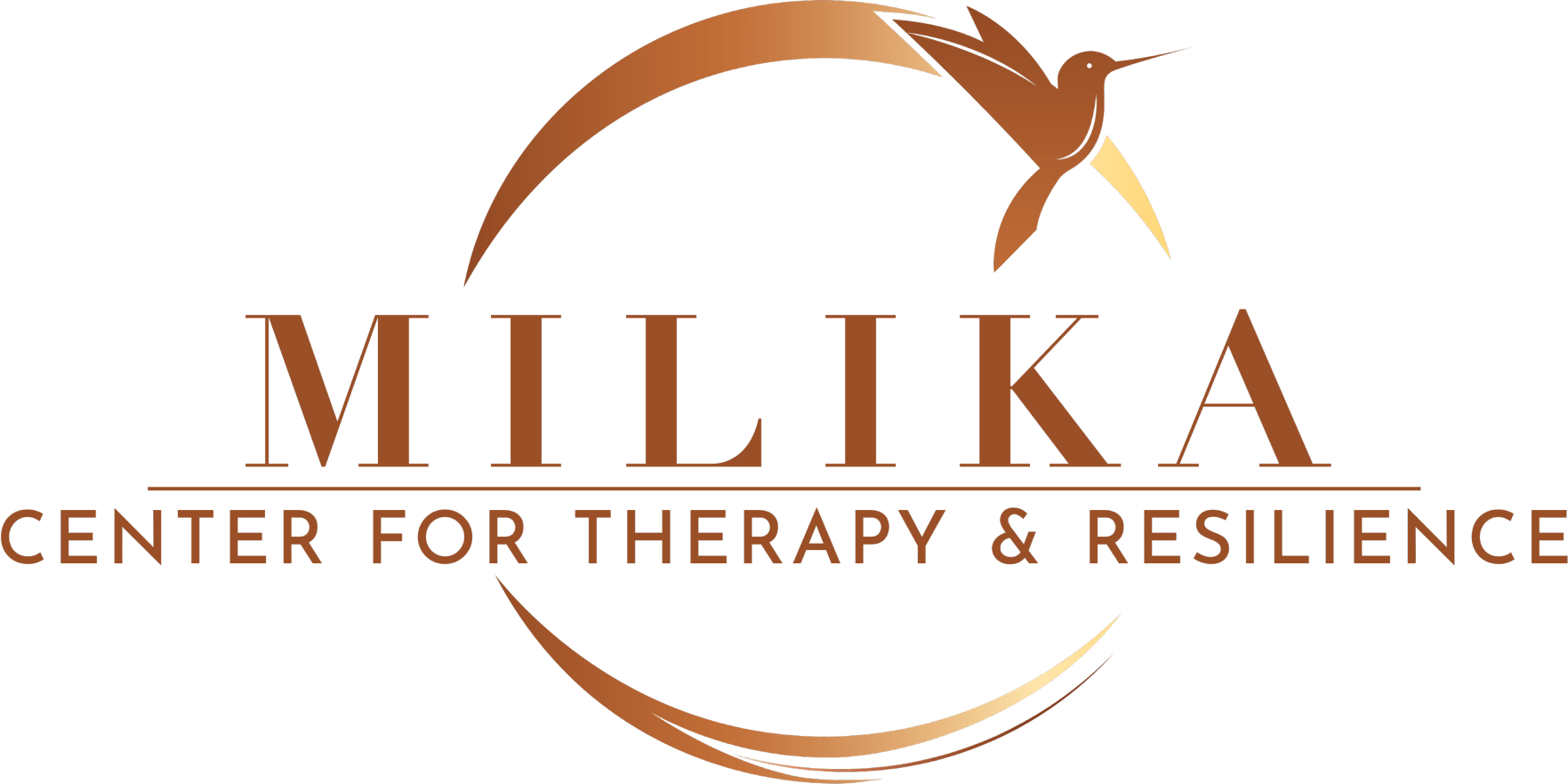MILIKA CENTER FOR THERAPY & RESILIENCE
Therapy for Medical Trauma / Medical Illness
Building Resilience in the Face of Medical Illness, Injury, and Trauma
In-office sessions in Encino and Brentwood, CA, and online across California.
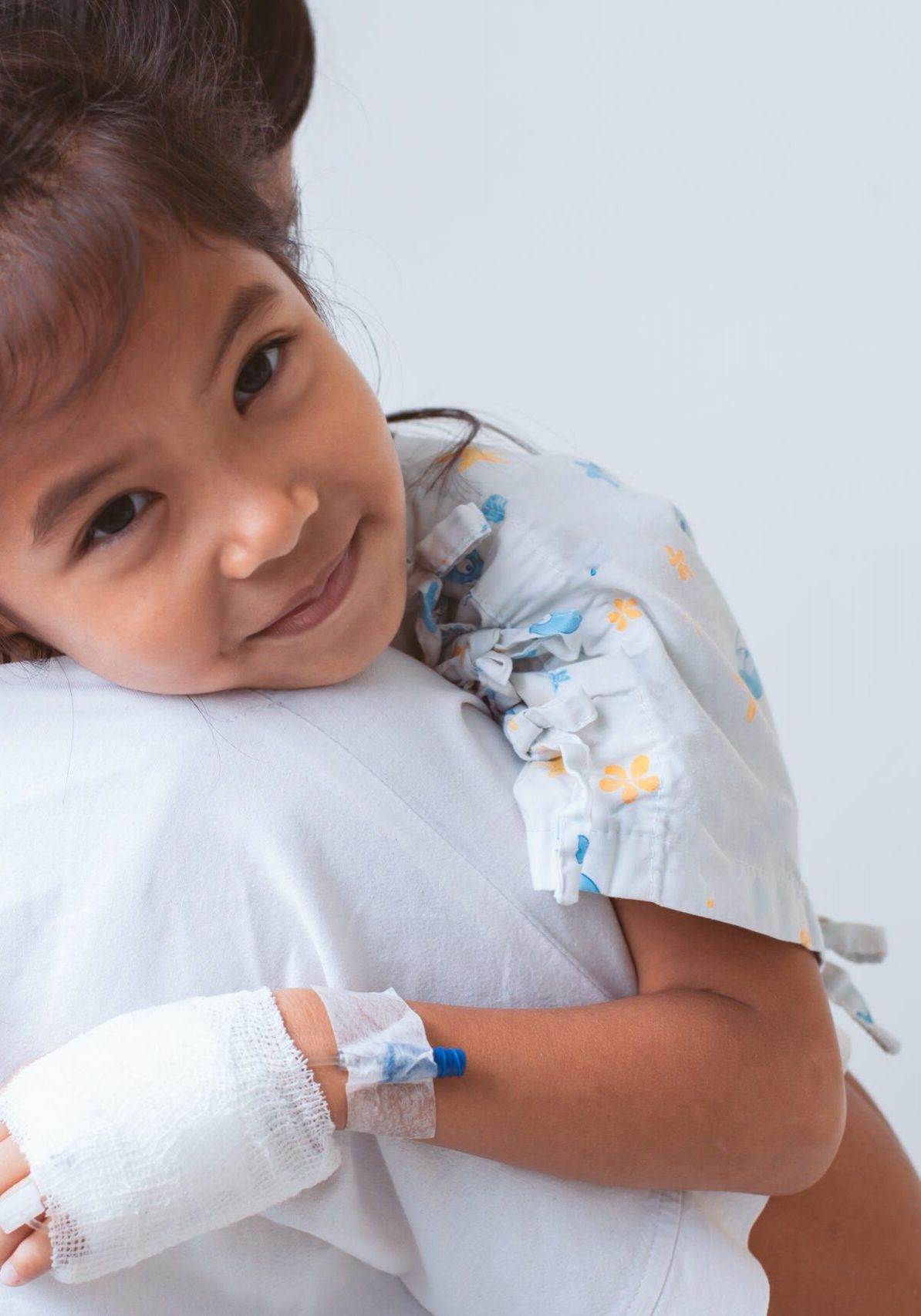
WHAT IS PEDIATRIC MEDICAL TRAUMA?
Pediatric medical trauma refers to the psychological and physiological responses experienced by children and adolescents as a result of medical diagnoses, procedures, treatments, or hospitalizations. It is also referred to as "Iatrogenic Medical Trauma."
This type of trauma can occur in various medical settings, including hospitals, clinics, emergency rooms, and doctor's offices, and can be just as debilitating as other forms of trauma, such as combat or abuse.
Here are common medically traumatic events:
Medical Diagnoses
Receiving a serious or life-altering medical diagnosis can be overwhelming for children and their families, eliciting a range of emotional reactions, including shock, grief, anger, and fear of the unknown.
Invasive Medical Procedures
Painful or uncomfortable medical procedures, such as surgeries, injections, or blood draws, can be distressing for children and adolescents, particularly if they are performed without adequate explanation or preparation.
Hospitalizations
Extended hospital stays can disrupt children's routines, separate them from their families and support systems, and expose them to unfamiliar and sometimes frightening environments, leading to feelings of fear, anxiety, and loneliness.
Chronic Illness
Children living with chronic illnesses or medical conditions may experience ongoing stress, uncertainty, and limitations on their daily activities, which can impact their emotional well-being and quality of life.
Emergency Medical Interventions & ICU
Undergoing emergency medical interventions like CPR, defibrillation, or emergency surgery, and admission to intensive care unit (ICU), can all be traumatic for children and the family members.
Can Medical Trauma Lead to PTSD?
-
Intrusive Memories: Persistent and distressing thoughts or memories of the medical event, such as replaying the diagnosis or treatment in your mind.
-
Trauma Triggers: Significant distress or anxiety when confronted with reminders of the medical trauma, including conversations, people, medical appointments, hospitals, or medical equipment.
-
Avoidance and Non-Adherence: Disruptions in treatment adherence or avoidance of medical care due to trauma-related fears or anxieties.
-
Exaggerated Startle Response and Hypervigilance: Feeling constantly "on edge," easily startled, or excessively alert to potential threats, even in safe environments
-
Changes in Cognition and Mood: Difficulty concentrating, memory problems, or changes in mood, such as irritability, anxiety, or depression, which can impact daily life and relationships.
Common Family Stressors in the Context of a Pediatric Medical Condition/Injury
Disruption of Daily Routine
Managing a child's medical condition often requires frequent hospitalizations, medical appointments, and treatments, disrupting normal routines and activities for the entire family. Parents may need to juggle caregiving responsibilities with work, household chores, and other obligations.
Impact on Siblings
Siblings of a child with a life-threatening medical condition may experience a range of emotions, including anxiety, guilt, and sadness. They may struggle to understand the situation and cope with changes in family dynamics, while also grappling with their own fears about the sibling's health.
Changes in Family Dynamics
The focus on the sick child's needs may lead to shifts in family dynamics, with siblings feeling neglected or experiencing jealousy or resentment. Parents may struggle to balance attention and support among all their children while navigating the challenges of the medical crisis.
Uncertainty about the Future
The unpredictable nature of the child's illness can create feelings of uncertainty and anxiety about the future. Families may grapple with fears about the child's prognosis, potential treatment outcomes, and long-term implications for their quality of life.
Decision Making Burden
Parents may face difficult decisions regarding their child's medical care, treatment options, and end-of-life planning. Navigating complex medical information, weighing risks and benefits, and making decisions in the best interest of the child can be emotionally challenging.


Healing with Empathy: Pediatric Medical Illness and Trauma Therapy
A medical diagnosis can disrupt a child or teen's sense of normalcy and trigger a range of emotional responses. They may experience fear, anxiety, confusion, sadness, anger, grief or medical trauma symptoms in response to their diagnosis and the associated treatments and procedures.
At Milika Center for Therapy & Resilience, we understand that medical trauma can impact not just the child but the entire family. Our compassion, specialized care is designed to help children, adolescents, and families navigate the emotional challenges that come with medical experiences. From diagnosis to recovery, we offer tailored therapeutic support to promote healing, resilience, and emotional wellbeing.
You don't have to face it alone - we're here to help every step of the way.
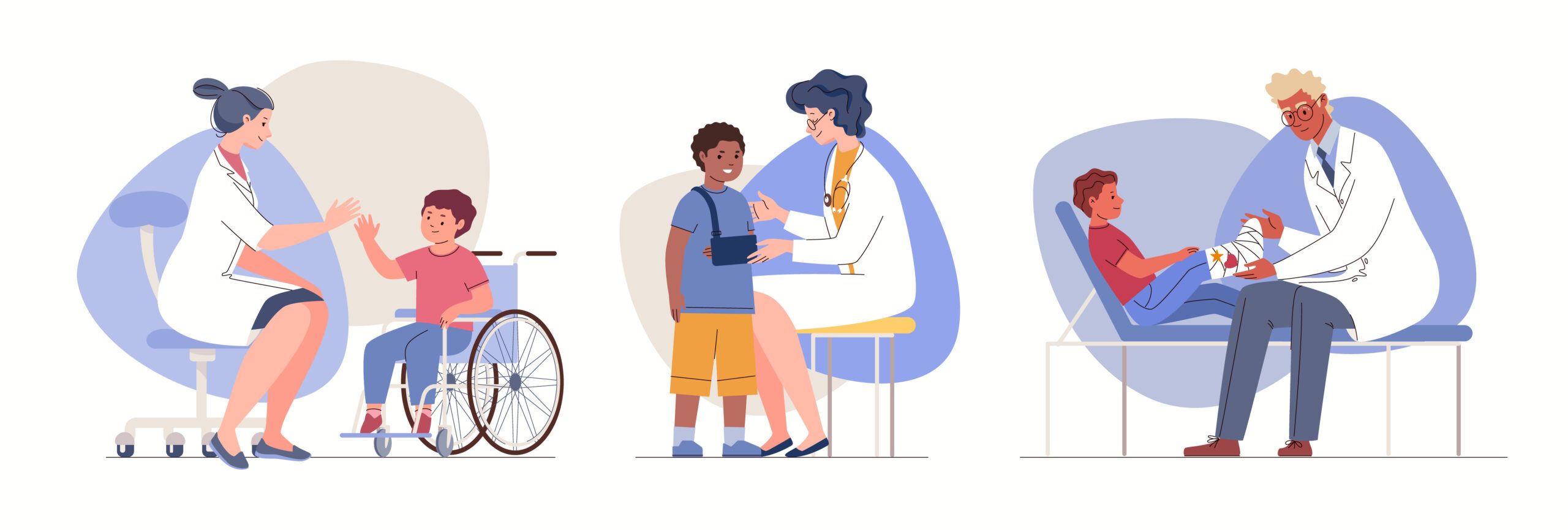
Therapy for Medical Trauma in Encino, Brentwood CA, and online across California
What is Therapy for Medical Trauma / Medical Illness?
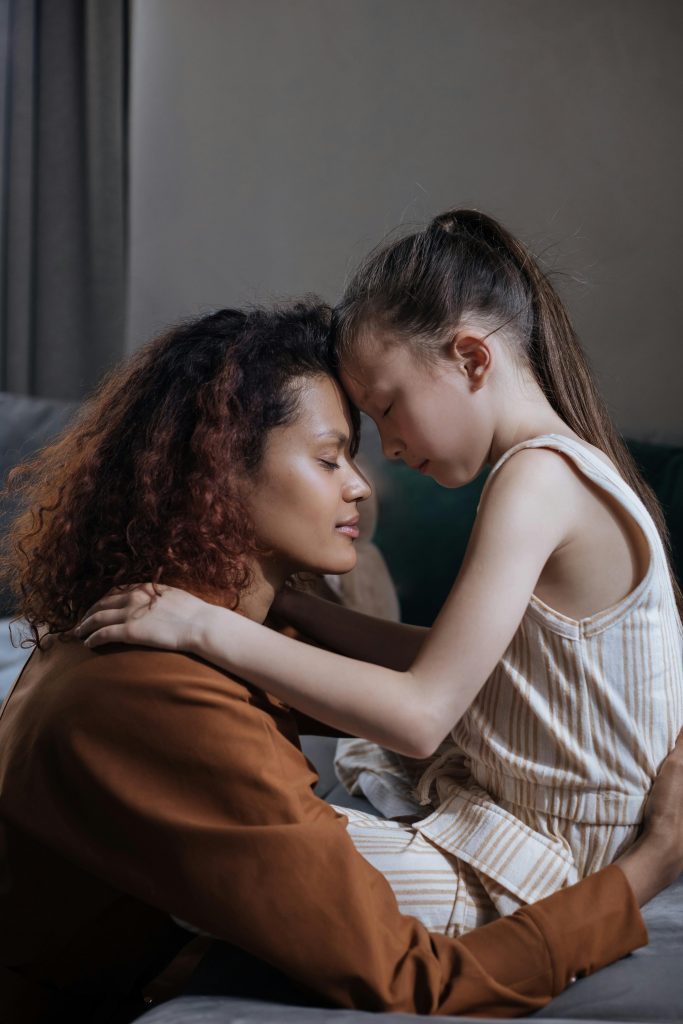
How Can Therapy For Medical Trauma / Medical Illness Help My Child And My Family?
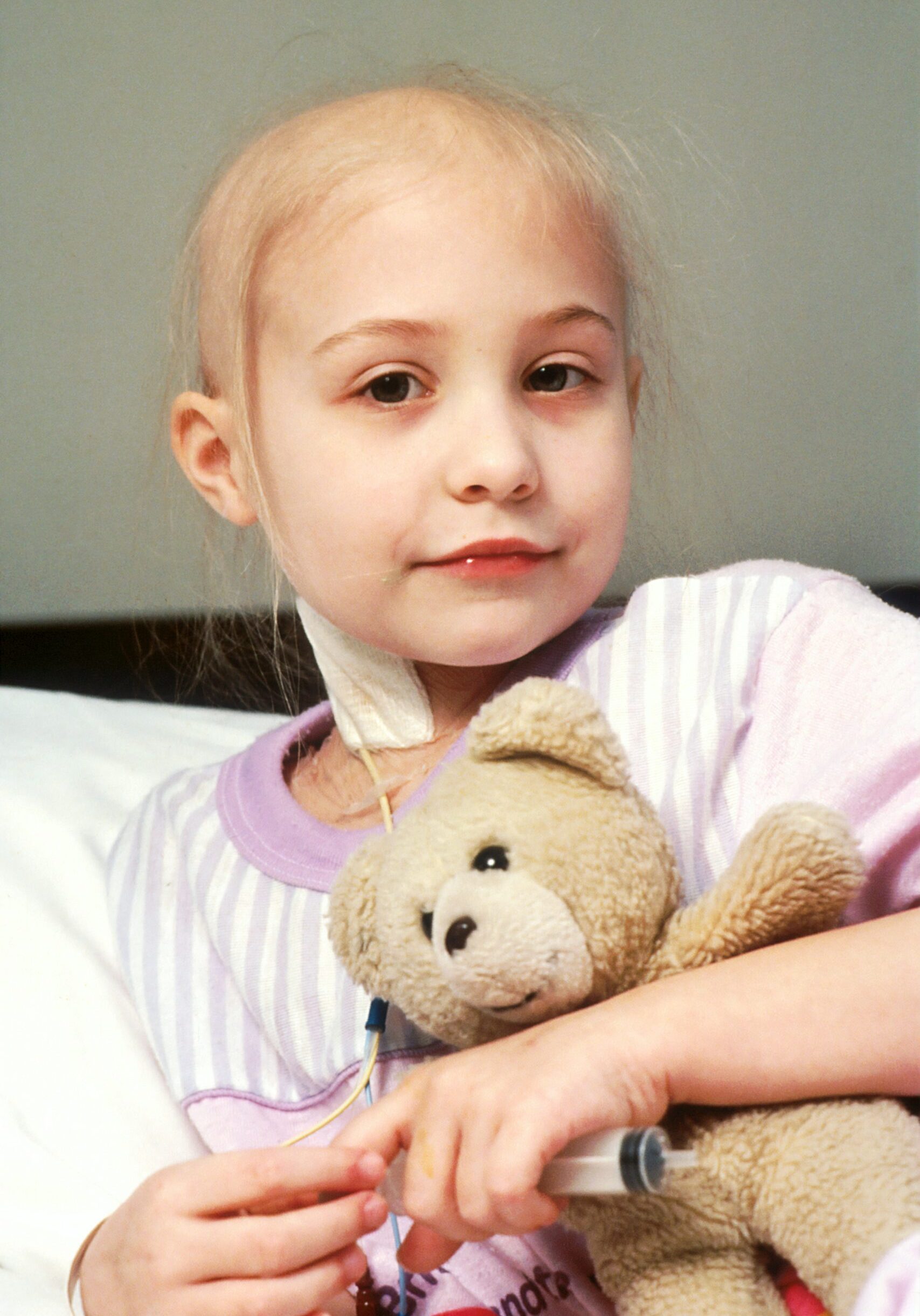
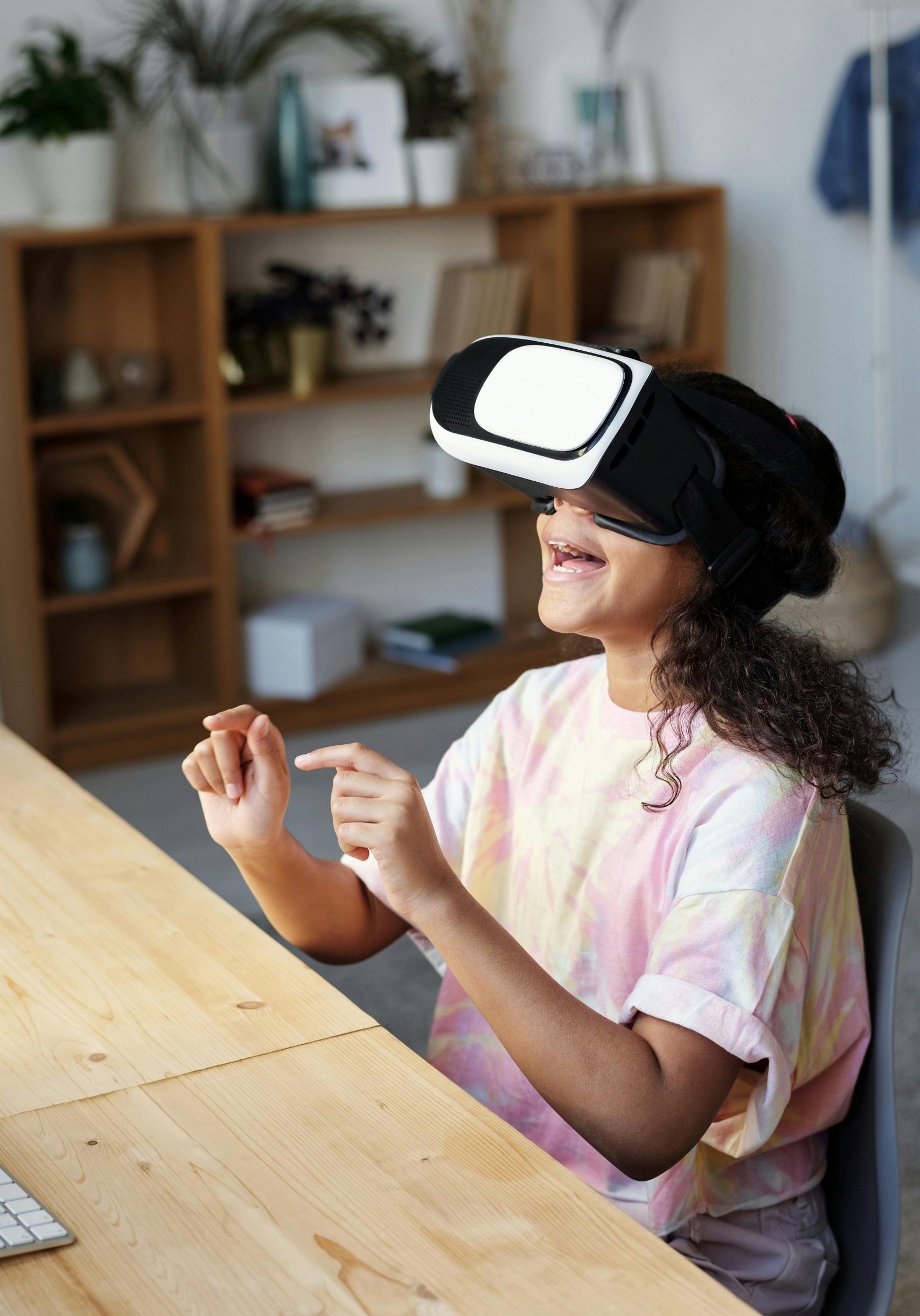
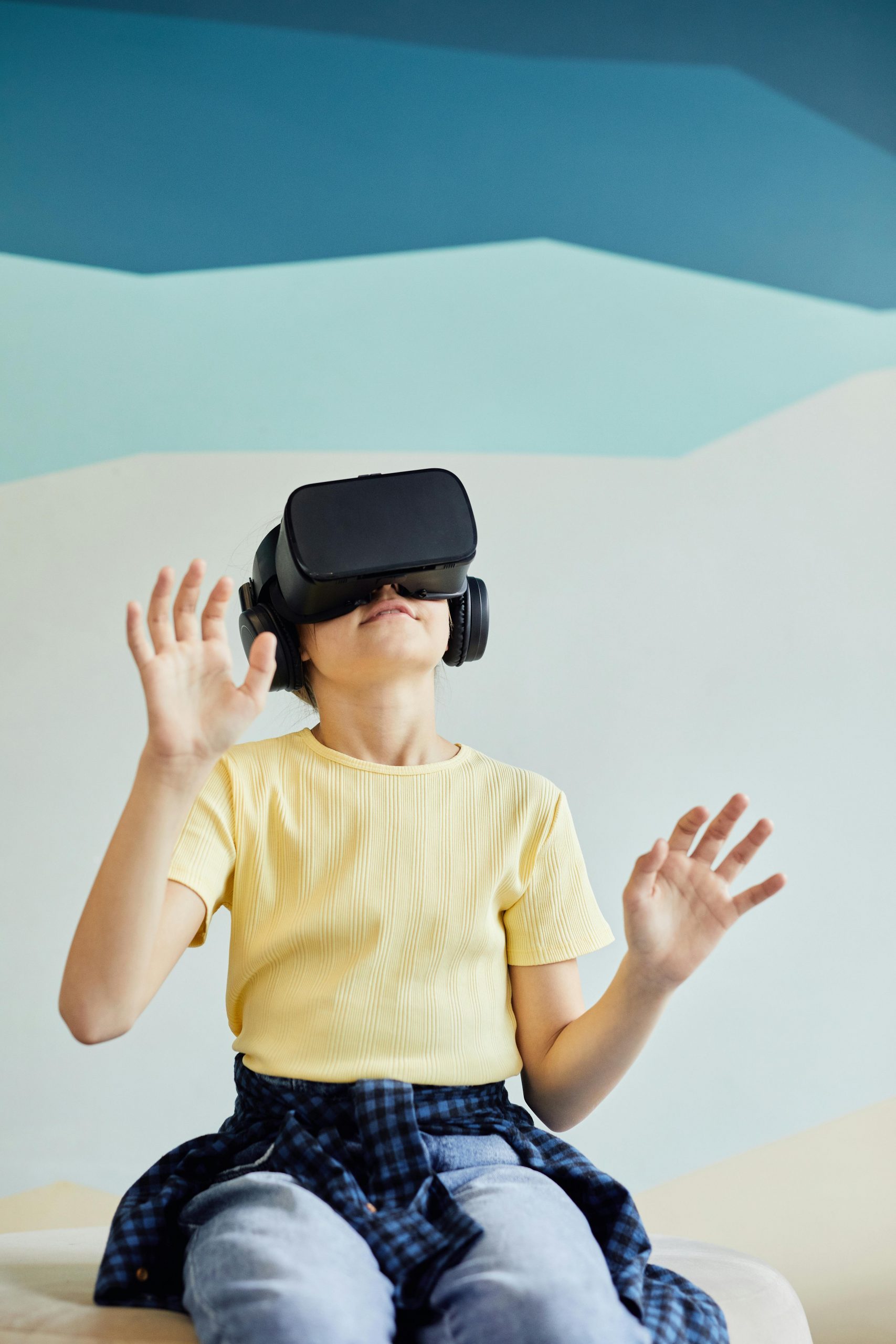
Virtual Reality Therapy for Medical Trauma

What is Virtual Reality Therapy?
Benefits of Virtual Reality Therapy for Medical Trauma
-
Increased sense of control: Children can navigate and interact with the virtual environment, giving them a sense of agency and control over their experiences.
-
Gradual exposure: VR therapy allows for gradual exposure to simulated medical scenarios, helping children become comfortable with the sights, sounds, and sensations associated with medical procedures.
-
Reduced anxiety and stress: By confronting and overcoming fears in a controlled virtual environment, children can reduce their anxiety and stress related to medical experiences.
-
Improved coping skills: VR therapy can help children develop effective coping skills and strategies to manage their emotions and behaviors during medical procedures.
Here's How MILIKA Can Support Your Child & Family:
Trauma-Informed Therapy
Our team uses a wide range of trauma informed and science-backed techniques, such as trauma-focused cognitive behavioral therapy (TF-CBT), exposure and response prevention (ERP) therapy -- with the use of innovative virtual reality therapy (VRT), Families OverComing Under Stress (FOCUS), mindfulness-based interventions, play therapy, and art therapy to help children process their emotions and trauma experiences, reduce anxiety, and build coping skills.
Parental Support and Involvement
We understand the vital role parents play in their child's emotional health. Our clinicians work closely with parents, offering trauma-informed support and guidance to foster healing, communication, and coping within the family.
We also understand that pediatric illness affects each family member uniquely. That's why, in addition to family-centered support, we also offer individual therapy sessions for parents and siblings, empowering them to cope with the challenges and emotions that arise.
Empowerment and Resilience Building
Our goal is to empower children to navigate their medical journey with resilience and self-confidence. Through therapy, children learn to identify their strengths, develop healthy coping skills, and cultivate a positive sense of self-worth and agency.
Collaborative Care
We work collaboratively with healthcare providers involved in your child's medical care to ensure coordination and continuity of support. By advocating for your child's emotional needs within the healthcare system, we strive to create a cohesive approach to care.
![[Editable version] Copy of Kanchi Wijesekera_90 Minute Wireframe (2) [Editable version] Copy of Kanchi Wijesekera_90 Minute Wireframe (2)](https://www.milikacenterfortherapyandresilience.com///wp-content/uploads/2024/05/Editable-version-Copy-of-Kanchi-Wijesekera_90-Minute-Wireframe-2.png)
ABOUT US
Why Work With Milika Center For Therapy & Resilience
Here at Milika Center for Therapy & Resilience, we understand that seeking help for mental health concerns is a courageous and transformative step.
Whether you're facing stress, anxiety, depression, significant life changes, or are on a quest for personal growth, know that you are not alone. Our team is here to offer support and expert guidance every step of the way. Together, we can work towards building unshakable resilience, fostering self-awareness, and unlocking the potential for positive change.
As the MILIKA Founder and Clinical Director, I am committed to fostering a safe and nurturing environment where individuals can embark on their journey towards healing and personal growth.
Thank you for choosing us as your partner in your mental wellness journey. We are so honored and excited to be here for you and help you unleash your inner resilience!
Warmest Regards,
Dr. Kanchi
Meet The Team

Clinical Director
Kanchi Wijesekera, Ph.D.

Clinical Psychologist
Venus Mirbod, Psy.D.
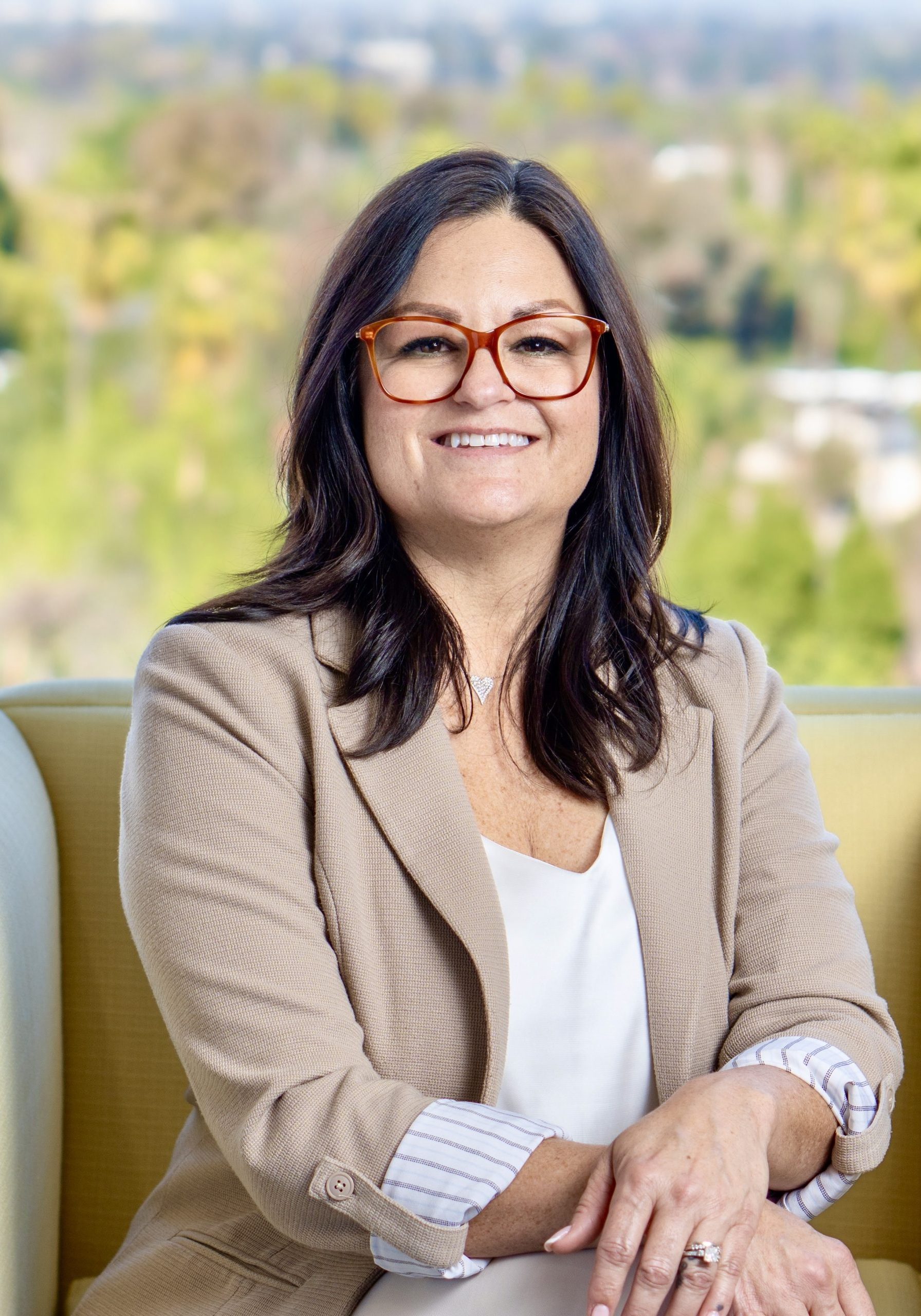
Clinical Therapist
Shilloy Sanchez-Lomeli, LMFT, Ph.D.c

Care Coordinator
Hailee Strong, M.A.

Yoga Instructor
Laily Gallo
Heal Together.
If your child has been diagnosed with a medical condition or is experiencing medical trauma symptoms, know that you're not alone, and help is available.
Contact MILIKA to schedule a consultation with one of our experienced therapists or psychologists. Together, we can support your child and family through this challenging time, promoting healing, resilience, and well-being.
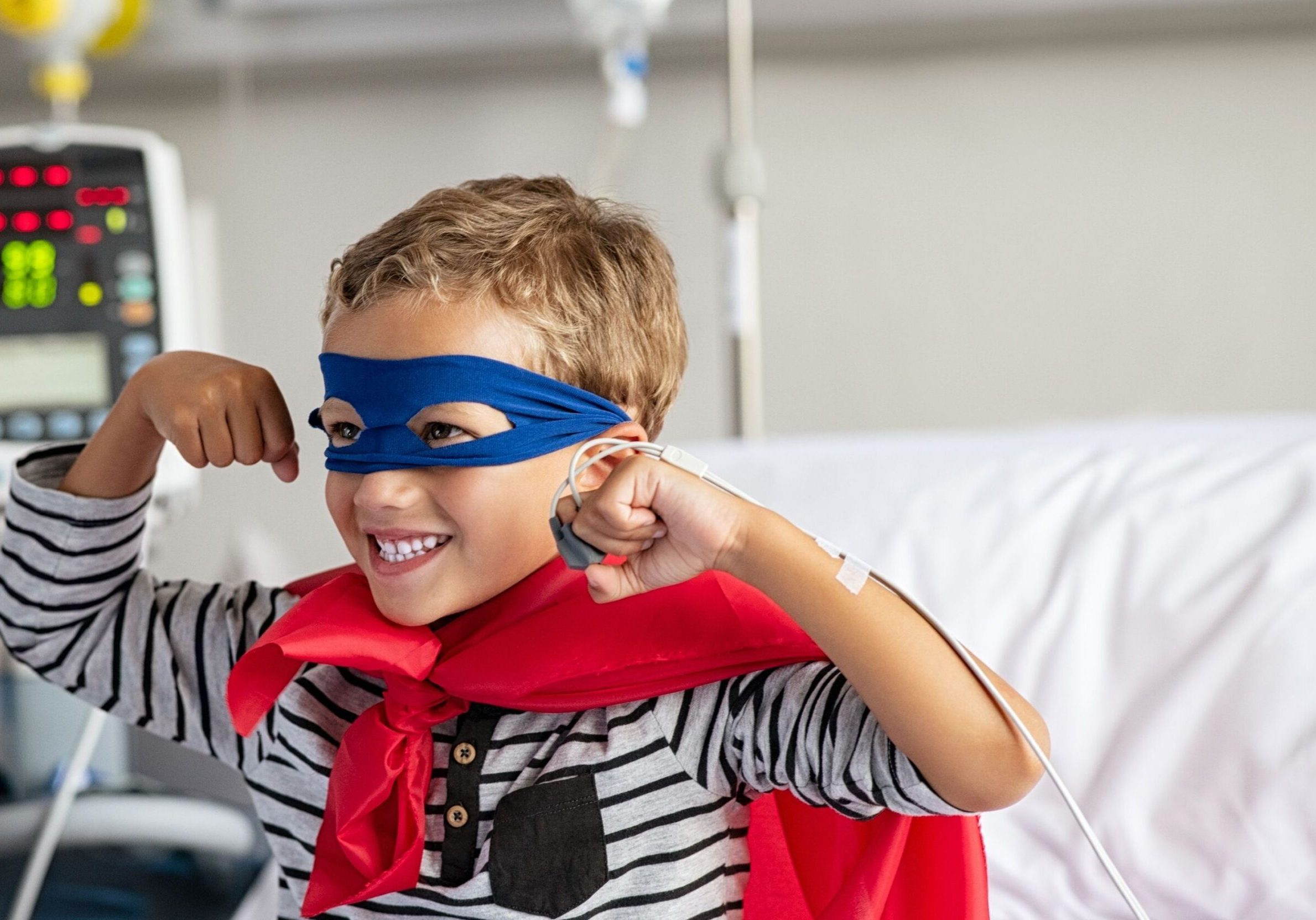
We are here to help. Get in touch with us.

Two Office Locations
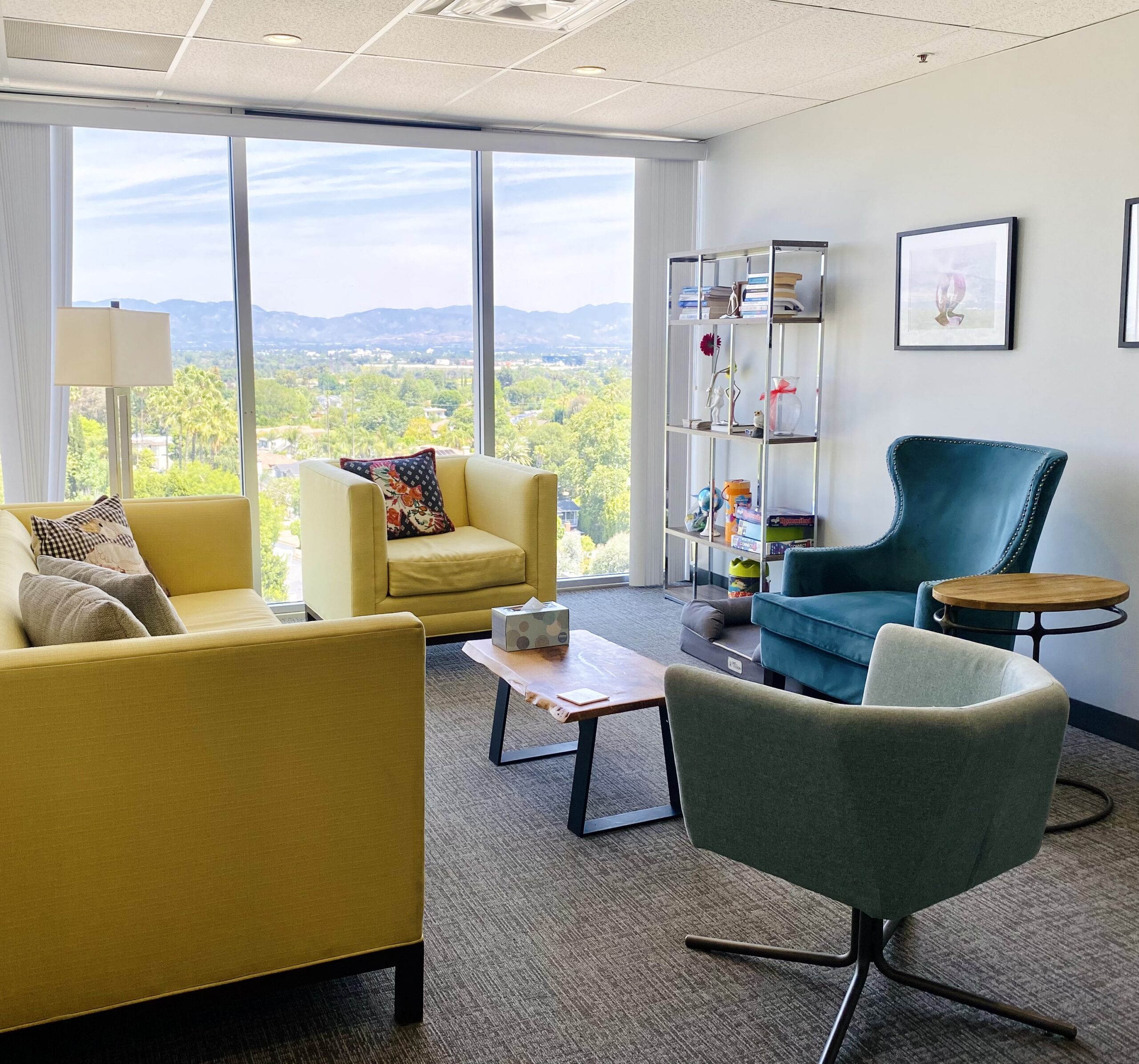

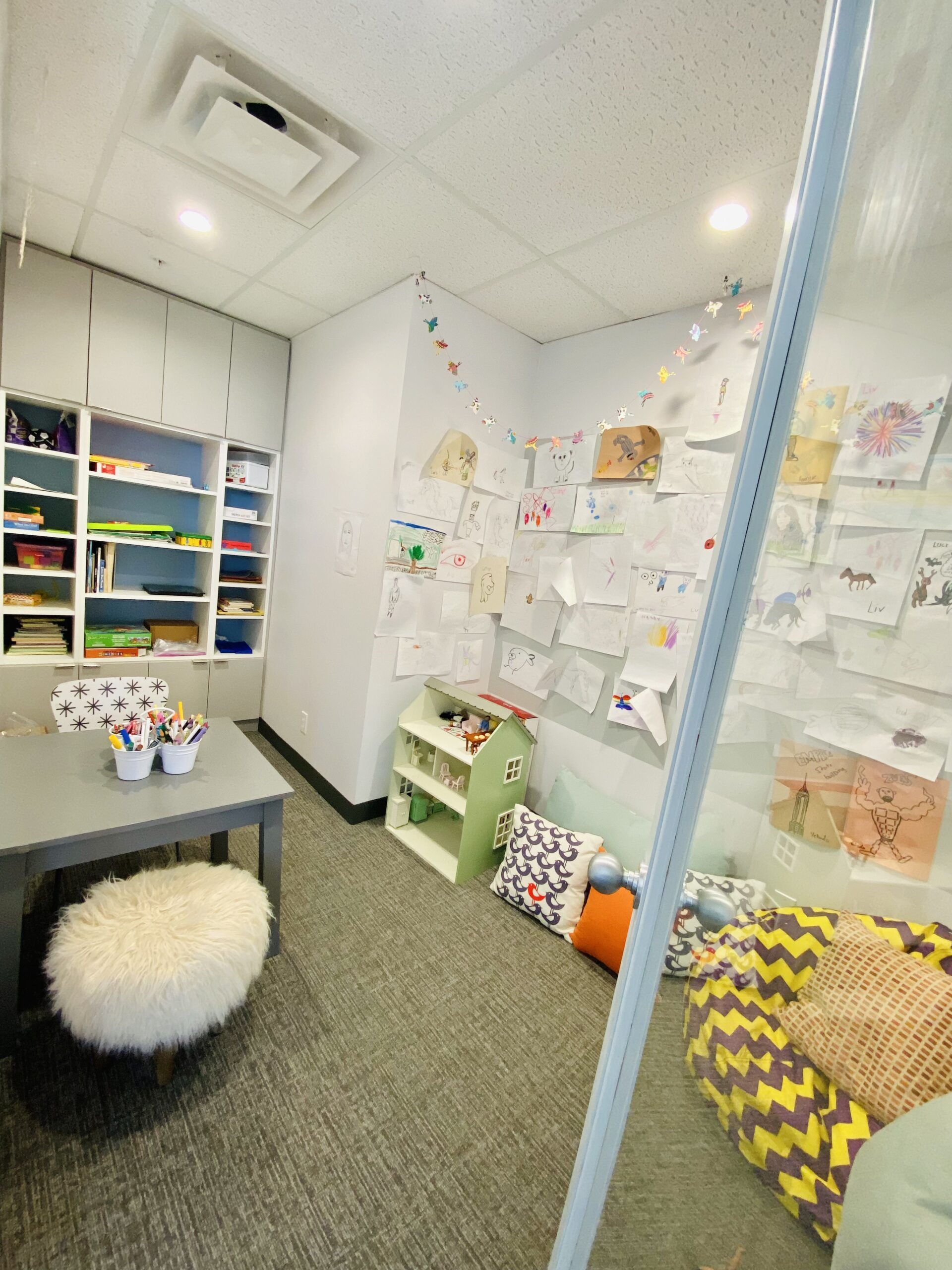
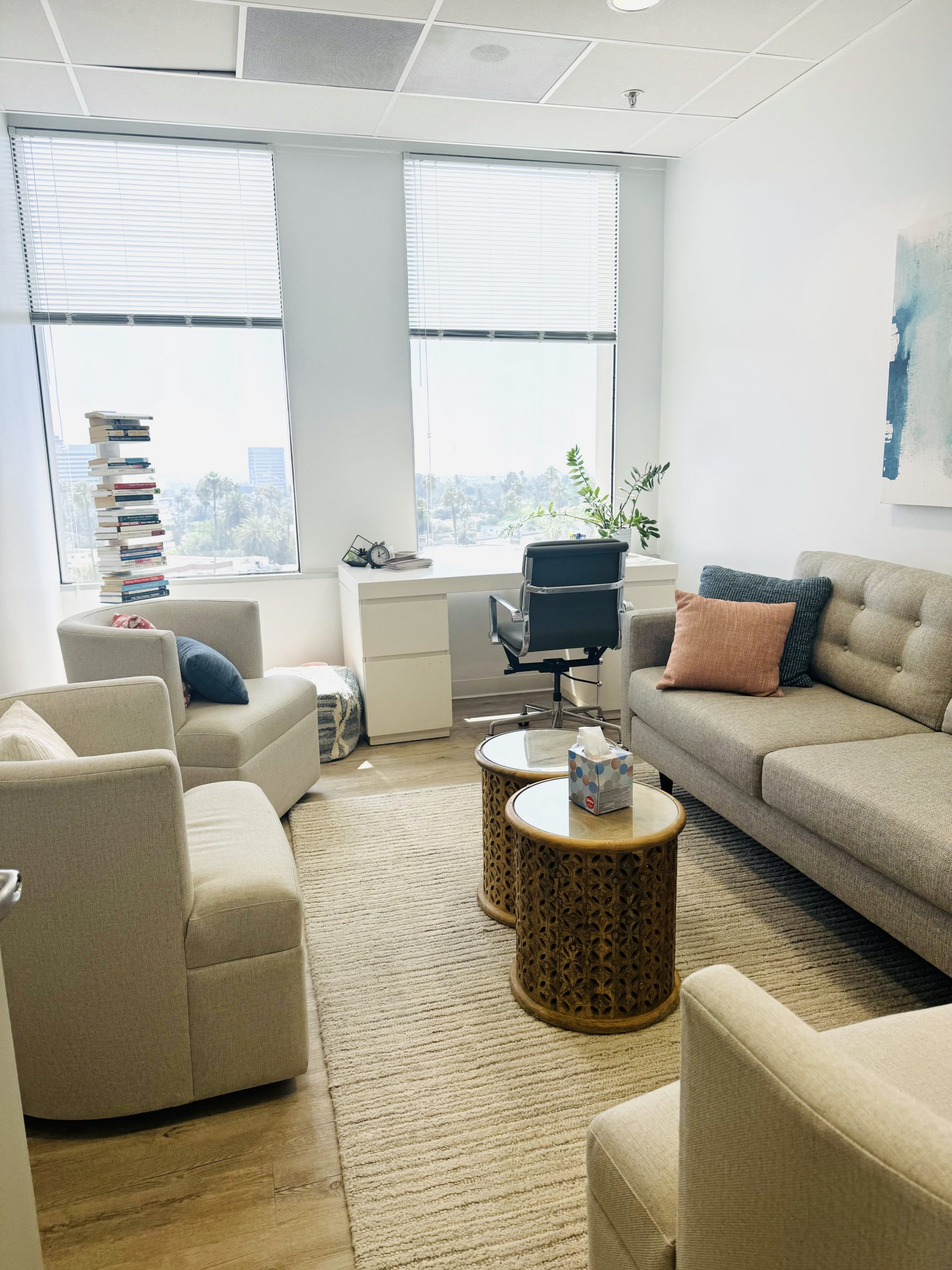
Ready to get started?
Ready to get started? Start your journey towards resilience and mental well-being today by contacting us to schedule a consultation.
